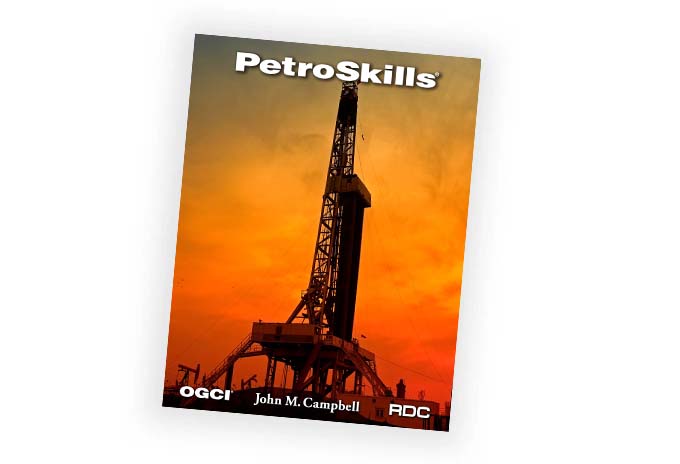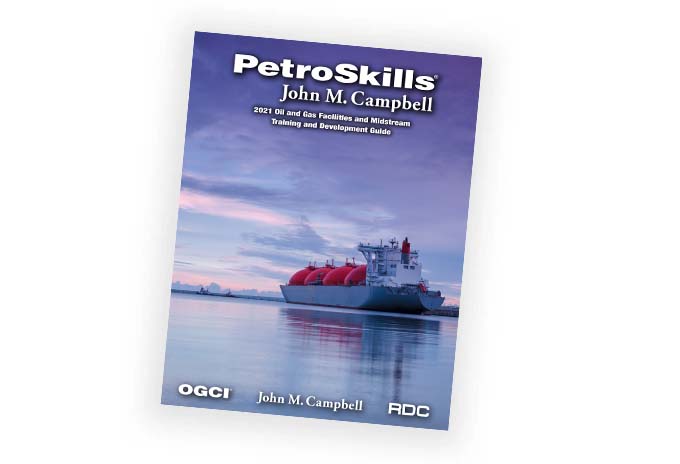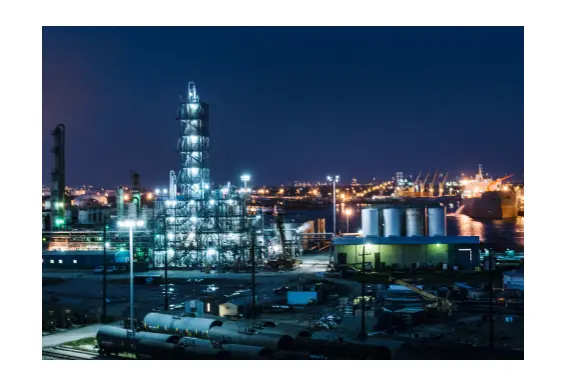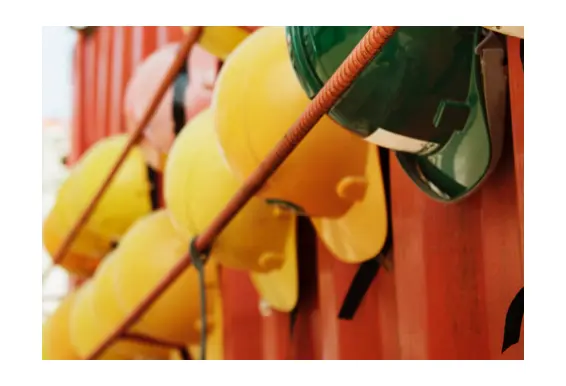Basic Refinery & Petrochemical Operations - SIM-BRP
About the Course
Operator Troubleshooting for PTEC Operators, Supervisors, and Early Career Engineers
This interactive 2-day course combines elements of high fidelity, generic process simulators as well as a student-driven learning model centered around the INSTO™ Methodology. The course teaches operators how to build a mental model of various processes and stress critical thinking skills for operators that can be brought back to the control room. In this course each trainee will have access to their own generic simulators including a Heat Exchanger, Flash Drum, and Distillation simulator. Trainees will have an opportunity to startup each piece of equipment as well as spend time troubleshooting common malfunctions relating to exchanger and separating units. Tower operations that promote both safety as well as optimization are stressed throughout the course. The material of the course is applicable to refineries, petrochemical sites, chemical plants, and any other facilities that operate distillation columns.
Target Audience
Console Operators, Outside Operators, Console Supervisors, and Young Engineers that work with separationsYou Will Learn
You will learn how to:
- Manually operate a cascade loop in a counter current shell and tube heat exchanger
- Determine the effects of product yields and product purities in flash drums as well as distillation columns
- Identify key operating points in a distillation column including the effects of changing throughput, operating temperature, operating pressure and reflux flow have on product specifications
- Analyze trends and relate this information to various normal and abnormal situations for exchangers, flash drums and distillation columns
- Utilize the Think EQ.U.I.P.P.E.D.™ method to expand troubleshooting options while operating a distillation column
- Discuss and simulate HAZOP analyses on common troubleshooting scenarios with exchangers and distillation columns focusing on specific mitigation techniques
- Assess critical safety concerns during the startup or restart of exchangers and distillation columns as well as simulate these startup procedures
- Practice techniques for distillation column optimization including maximizing throughput while maintain certain minimum product specifications
Course Content
- A complete startup procedure for a heat exchanger and distillation column
- Operating an outlet temperature to hot side flow cascade loop including manually engaging these controls
- Simulating the effects of varying flow characteristics (flow rate, temperature, density) within a shell and tube heat exchanger
- Simulating changes to flow rates, operating temperature, and operating pressure of a flash drum and the resultant effects to product yields and purities
- Operating a binary distillation column with equipment including a reboiler, overhead condenser, hot vapor bypass pressure system and feed preheaters
- Troubleshooting scenarios for a distillation column including loss of preheat, reboiler fouling, loss of air to controllers, tower flooding, and incorrect instrumentation readings
- HAZOP analysis on loss of cooling to a distillation column and simulating the corresponding shutdown procedure
- Change in feed composition to a distillation column (more lights in feed) with objectives to maintain product purities by adjusting key operating variables
- Integrated dynamic profitability analysis within the simulator to determine profitability based on energy efficiency and minimum product specifications
Product Details
Categories:
DownstreamDisciplines:
Refining Operations & MaintenanceLevels:
FoundationProduct Type:
CourseFormats Available:
In-ClassroomAdditional
Request a Public Session
If you are interested in a public session of this course, please click the button below to request it.
Request Public SessionIn-House Training
This course is also available upon request as a private, on-site seminar. Contact us for details and pricing.
Request In-House TrainingNeed Help
Contact us if you have additional questions about how to register for or attend this course.
Contact Us



